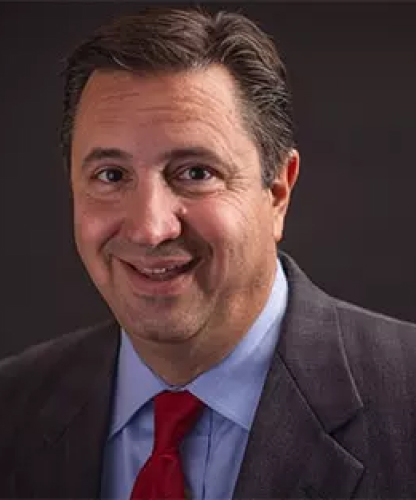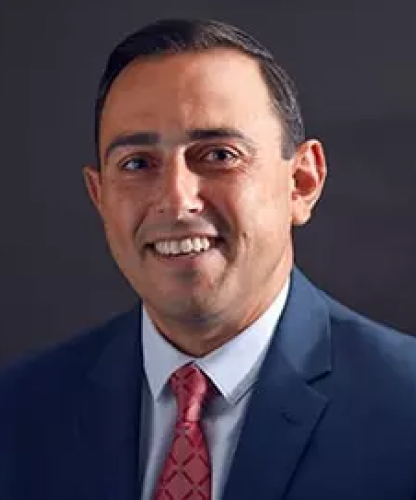Looking for an Ohio Federal Criminal Lawyer? Our Criminal Lawyers in Dayton, Ohio Can Help
If you’ve been charged with a federal crime, you may be facing an uncertain future.
A conviction could lead to steep fines, lengthy imprisonment, and months or years of probation.
Additionally, you could end up with a criminal record, which can have devastating effects on your social reputation and professional career.
The stakes are high, so it’s important to hire an experienced federal criminal defense attorney to handle your case.
There is a big difference between federal and state prosecutions, and some lawyers only handle federal cases occasionally.
An inexperienced Ohio criminal lawyer can cost clients decades in prison if cases aren’t handled correctly.
Are You Facing Federal Criminal Charges in Ohio?
The Ohio criminal attorneys at Gounaris Abboud, LPA have extensive experience as Ohio federal criminal lawyers:
✓ Our lawyers have handled hundreds of cases in federal court.
✓ Nicholas Gounaris and Tony Abboud both appear weekly in federal court representing our clients.
✓ We have a former federal investigator on our staff that assists in all aspects of case evaluation and case preparation.
✓ Nicholas Gounaris served as President of the Federal Bar Association in Dayton.
✓ Our firm has 50+ years of collective legal experience.
If you’re not ready to contact a federal defense lawyer in Dayton, feel free to browse through the commonly asked questions about federal crimes below.
When You Choose Gounaris Abboud, LPA, to Defend You in a Criminal Case
You Will Get an Experienced Criminal Defense Attorney
At Gounaris Abboud, LPA, we have over five decades of experience in defending those accused of a crime. We’ll use our experience in the criminal justice system to give you the best defense we can.
You’ll Receive One-on-One Attention
Our federal criminal defense attorneys at Gounaris Abboud, LPA, won’t treat you as just another case. We take pride in offering one-on-one attention to all of our clients. This enables us to build a trusting relationship with our clients, resulting in legal representation that is better suited to your interests.




















